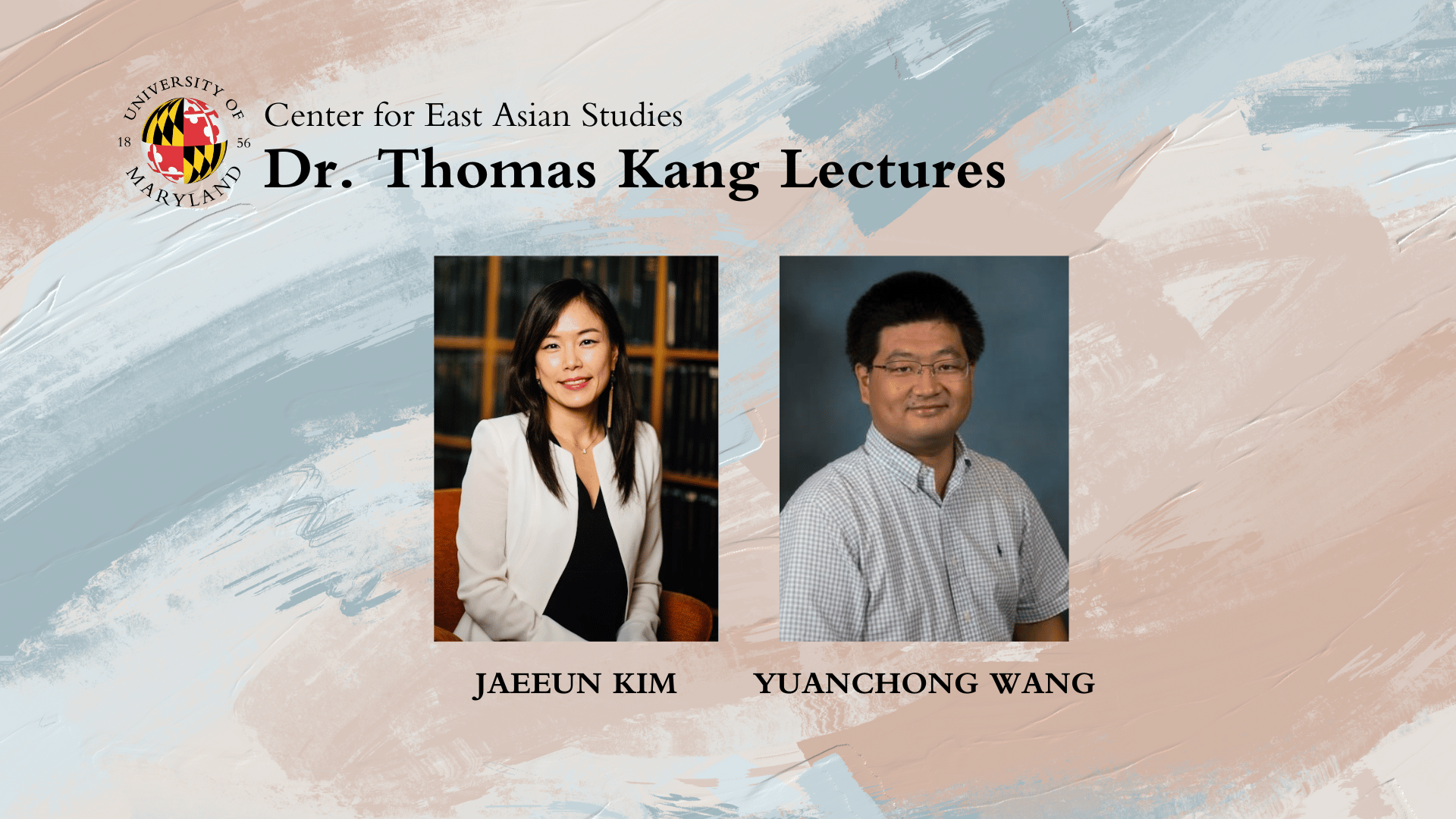Spring Thomas Kang Lectures

Spring Thomas Kang Lectures
“Ethnic Capital” and “Flexible Citizenship” in Unfavorable Legal Contexts: Stepwise Migration of the Korean Chinese within and beyond Northeast Asia
This lecture examines how migrants mobilize ethnicity for migration purposes by drawing on the migration trajectories of ethnic Korean migrants from northeast China (Korean Chinese) – through various steppingstone countries, including South Korea – to the U.S. I focus on how regulatory authorities, various intermediaries, and aspiring migrants interact over the valorization, conversion, and legitimisation of what I call “ethnic capital.” Drawing on ethnographic field research in China, South Korea, and the U.S., I show how multiple manifestations of ethnic capital – coethnic networks, Korean proficiency, perceived phenotypical affinities, kinship relations with South Korean citizens, and derivatively, South Korean citizenship/passports (obtained legally or illegally) – facilitate Korean Chinese stepwise
migration. I also examine how the differential endowment of migration-facilitating capital (including ethnic capital) produces fine-grained material and symbolic stratification in the sending community and identify the distinctive moral economy that informs Korean
Chinese navigation of global mobility regimes. By illuminating the strategies of capital-constrained migrants facing policy contexts markedly different from the much-studied European cases, this lecture highlights the contested process through which ethnicity is turned into migration-facilitating capital, expands our inquiry on the ‘flexible citizenship’ practices beyond the jet-setting managerial class, and deepens our comparative understanding of ethnic affinity migration and external citizenship.
About the Speaker
Jaeeun Kim is the Korea Foundation Endowed Associate Professor of Sociology at the University of Michigan. She studies race/ethnicity/nationalism and international migration and citizenship from a comparative-historical and transnational perspective. Kim is the author of an award-winning book, Contested Embrace: Transborder Membership Politics in Twentieth-Century Korea (Stanford University Press 2016; paperback 2020). She has also published articles in journals in sociological theory, law and society, race/ethnicity/migration, and historical sociology. Her article “Migration-Facilitating Capital: A Bourdieusian Theory of International Migration” (Sociological Theory 2018) won the 2019 Theory Prize from the American Sociological Association
Sino-Korean Relations and Northeast Asia, 1400–1900
China and Korea maintained a long-lasting Zongfan (aka. tributary) relationship that constituted the core of the international order in Northeast Asia from the early fifteenth century to the end of the nineteenth century. This talk examines the mechanism of the bilateral relationship through the systematic performance of Neo-Confucianism-based rituals on both sides. By contextualizing the Zongfan order in the shared Confucian context, the talk reveals the essential roles the relationship played during the five centuries in constructing the Chinese Empire and the Korean Kingdom in the political sense and in promoting the cross-border trade network in Northeast Asia from the economic point of view. It engages the issues of empire-building, international trade, immigration, international law, colonialism, imperialism, and nationalism in premodern and modern Northeast Asia.
About the Speaker
Yuanchong Wang is Associate Professor in the Department of History at the University of Delaware. He specializes in modern China and East Asia. His publication includes Remaking the Chinese Empire: Manchu-Korean Relations, 1616–1911 (Cornell, 2018) and Zhong Mei Xiangyu: Daguo waijiao yu Wanqing xingshuai, 1784–1911 [The meeting of China and the United States: Power diplomacy and the rise and fall of Late Qing, 1784–1911] (Wenhui, 2021). His current research project examines time, calendar, and empire-building/state-building in modern China.

